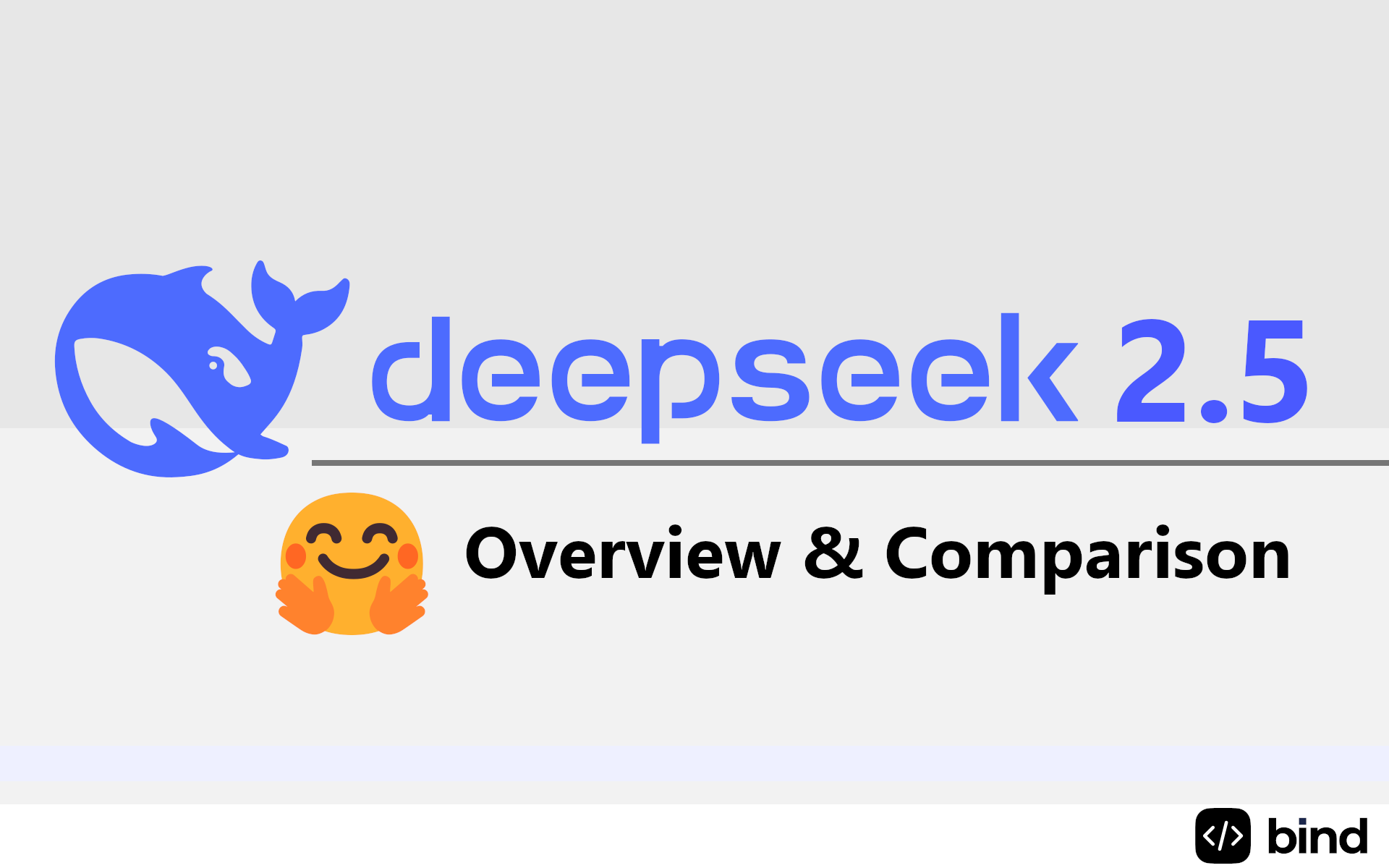Lower-cost AI tools could reshape jobs by offering more employees access to the technology.
- Companies like DeepSeek are developing low-cost AI that could assist some workers get more done.
- There could still be risks to employees if employers turn to bots for easy-to-automate tasks.
Cut-rate AI might be shaking up market giants, however it's not most likely to take your task - a minimum of not yet.

Lower-cost approaches to establishing and training expert system tools, from upstarts like China's DeepSeek to heavyweights like OpenAI, will likely allow more people to acquire AI's productivity superpowers, industry observers told Business Insider.
For many employees fretted that robots will take their tasks, that's a welcome advancement. One frightening prospect has been that discount rate AI would make it much easier for employers to switch in low-cost bots for pricey humans.
Naturally, that could still take place. Eventually, the innovation will likely muscle aside some entry-level workers or those whose functions mostly include repeated tasks that are easy to automate.
Even higher up the food chain, staff aren't always devoid of AI's reach. Salesforce CEO Marc Benioff stated this month the business might not employ any software application engineers in 2025 since the firm is having so much luck with AI representatives.
Yet, broadly, for numerous employees, lower-cost AI is likely to expand who can access it.
As it ends up being cheaper, it's simpler to integrate AI so that it becomes "a sidekick rather of a risk," Sarah Wittman, an assistant teacher of management at George Mason University's Costello College of Business, told BI.
When AI's price falls, she said, "there is more of a prevalent acceptance of, 'Oh, this is the way we can work.'" That's a departure from the mindset of AI being a pricey add-on that employers may have a difficult time validating.
AI for all
Cheaper AI could benefit workers in areas of a company that typically aren't seen as direct income generators, Arturo Devesa, primary AI architect at the analytics and data business EXL, informed BI.
"You were not going to get a copilot, maybe in marketing and HR, and now you do," he stated.
Devesa said the course revealed by companies like DeepSeek in slashing the expense of establishing and executing large language designs changes the calculus for companies choosing where AI may pay off.
That's because, for most big business, such decisions element in cost, precision, and speed. Now, with some expenses falling, the possibilities of where AI might appear in an office will mushroom, Devesa said.
It echoes the axiom that's unexpectedly all over in Silicon Valley: "As AI gets more effective and available, we will see its use skyrocket, turning it into a product we simply can't get enough of," Microsoft CEO Satya Nadella composed on X on Monday about the so-called Jevons paradox.
Devesa said that more efficient employees won't always decrease need for people if companies can develop brand-new markets and new sources of profits.
Related stories
AI as a commodity
John Bates, CEO of software application company SER Group, freechat.mytakeonit.org informed BI that AI is becoming a commodity much quicker than anticipated.
That indicates that for tasks where desk employees might need a backup or somebody to confirm their work, inexpensive AI may be able to action in.
"It's excellent as the junior knowledge employee, the important things that scales a human," he stated.
Bates, a former computer technology professor at Cambridge University, said that even if an employer currently planned to utilize AI, the minimized costs would increase roi.
He likewise said that lower-priced AI could provide little and medium-sized businesses much easier access to the technology.
"It's simply going to open things as much as more folks," Bates said.
Employers still need human beings
Even with lower-cost AI, humans will still belong, said Yakov Filippenko, CEO and founder of Intch, which helps experts discover part-time work.
He stated that as tech companies complete on cost and yewiki.org drive down the cost of AI, numerous employers still won't aspire to remove employees from every loop.
For instance, Filippenko said companies will continue to need designers due to the fact that someone has to validate that new code does what a company desires. He stated companies employ recruiters not simply to finish manual labor; employers likewise desire a recruiter's viewpoint on a prospect.
"They pay for trust," Filippenko stated, referring to companies.

Mike Conover, CEO and founder of Brightwave, akropolistravel.com a research platform that uses AI, told BI that a good portion of what individuals carry out in desk jobs, in particular, consists of jobs that could be automated.
He said AI that's more widely available since of falling expenses will allow human beings' imaginative capabilities to be "maximized by orders of magnitude in terms of the sophistication of the problems we can resolve."
Conover thinks that as rates fall, AI intelligence will also spread to far more locations. He said it's akin to how, decades ago, the only motor in a car may have been under the hood. Later, as electrical motors diminished, they showed up in places like rear-view mirrors.

"And now it's in your toothbrush," Conover said.
Similarly, Conover stated omnipresent AI will let professionals produce systems that they can customize to the needs of tasks and workflows. That will let AI bots handle much of the dirty work and allow workers ready to experiment with AI to handle more impactful work and maybe shift what they're able to focus on.








